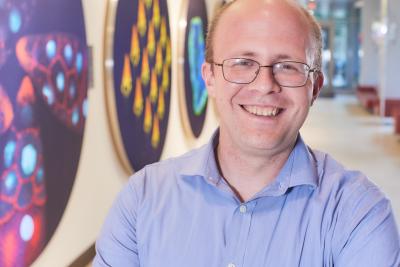MATCHMAKERS
Led by Dr Michael Birnbaum (Massachusetts Institute of Technology, USA).The challenge
MATCHMAKERS are tackling the T-cell receptors challenge. The team aim to crack the code of how T cells recognise cancer cells by harnessing recent advances in structural biology and genetic screening as well as molecular modelling, computational biology and artificial intelligence (AI). By generating and integrating vast datasets, they plan to develop powerful new tools that can predict T cell antigen specificity – paving the way toward the development of more effective and personalised immunotherapies.
Why T-cell receptors?
Hear Dr Michael Birnbaum, team lead of MATCHMAKERS, discuss their approach to the T-cell receptors challenge - and why addressing it is so important.At a glance
Team and leadership
MATCHMAKERS is led by:
This international team of researchers brings together world-leaders in cancer immunology, computer science, high-throughput method development and structural biology, from 10 institutions across five countries.
Tackling the T-cell receptors challenge
Cutting-edge immunotherapies that harness the power of T cells are transforming the treatment landscape for some cancers. However, their effects vary across cancer types and patient subgroups. Understanding how T cells recognise and destroy cancer cells is crucial for extending the benefits of these therapies to more patients.
However, T-cell antigen specificity is incredibly complex. T cells don’t directly bind to antigens, but instead recognise peptides displayed on the cell surface by major histocompatibility complex (MHC) molecules. Each T cell has a unique T-cell receptor (TCR) in order to allow recognition of the many possible peptide-MHC (pMHC) combinations that they may encounter. To aid this surveillance, these individual TCRs exhibit high levels of cross-reactivity, recognising thousands of different pMHC combinations.
Understanding exactly how TCRs recognise specific antigens presented by MHCs on cancer cells is critical to realising the dream of personalised immunotherapy. The vast molecular diversity of TCRs has made it incredibly challenging to understand which tumour antigens are recognised by T cells, how T cells interact with pMHCs, and how these interactions differ between patients who respond to immunotherapy and those who do not.
To tackle this challenge, MATCHMAKERS will generate extremely large, integrated datasets of TCRs and their target pMHCs - and use these to build computer models to accurately predict antigen recognition by different TCRs.
The team’s overarching goal is to allow accurate prediction of T-cell recognition in a clinical setting using routine tumour biopsies or blood samples. Additionally, they will leverage their knowledge of TCR-pMHC interactions to design antigen-specific TCRs for personalised immunotherapies.
MATCHMAKERS will focus on three key aims:
Generate datasets capturing the diversity of TCR-pMHC interactions
A major challenge in using computational methods to predict TCR-pMHC interactions has been the vast amount of data required to train algorithms effectively. However, recent advances in high-throughput approaches have now made it possible to map interactions between TCRs and antigens at an unprecedented scale.
The team will use existing sequencing and genetic screening methods and also develop new high-throughput approaches to match TCRs with their specific antigens, generating an enormous dataset containing thousands of TCR-pMHC pairs derived from natural sources such as clinical samples and mouse models, as well as synthetic antigens and engineered TCRs.
Conduct large-scale structural and biochemical analyses of TCRs-pMHC interactions
The team will implement high-throughput structural and biochemical methods to study the 3D structure and structure-function relationships of TCRs and their pMHC targets to uncover the full structural context for recognition and productive interactions at the atomic level. This will enable more accurate computational predictions of how TCRs and MHCs work together, and will enable these interactions to be better exploited for treatment.
Develop AI tools for TCR-pMHC prediction
By integrating these extraordinarily large-scale datasets, the team will be able to train powerful algorithms to decipher the rules governing TCR-antigen recognition. The sheer volume of complex data, and ability to validate their models, will allow the team to develop computational tools to accurately predict, for the first time, unseen patient-specific tumour antigens recognised by different TCRs, and to design new TCRs for personalised immunotherapies.
Looking ahead
MATCHMAKERS aims to revolutionise the understanding of how an individual’s T cells recognise and target their tumour cells. If successful, their discoveries could transition the prediction of TCR antigen recognition from a highly specialised process limited to a few laboratories worldwide to a routine clinical application available for all. This knowledge will transform the ability to develop personalised immunotherapies tailored to the unique characteristics of an individual’s cancer and T cell repertoire.
Gaining a deeper understanding of TCR-antigen interactions will also have far-reaching implications beyond cancer– wherever antigen recognition plays a critical role, including infectious diseases, autoimmunity and allergies.

Plain language summary
In the past decade, there has been a revolution in the treatment of some cancers using therapies that harness a person’s immune system. These therapies, called immunotherapies, use the power of T cells – a type of white blood cell that are key players in the immune response to infection and cancer. T cells have receptors on their surfaces that recognise ‘antigen’ molecules that come from pathogens or cancer cells. After a T cell attaches to a cancer antigen, the cancer cell is ‘marked’ for destruction by the immune system.
Each of the millions of T cells in each person has a unique T-cell receptor that recognises different antigens. This diversity has limited our ability to know what exactly T cells recognise in the people who respond to treatment. If we can predict what cancer antigens a T cell ‘sees’ based on its receptor, we could find ways to create immunotherapies specific to each individual’s cancer and increase the overall effectiveness of these therapies across cancer types.
To bring us closer to this goal, MATCHMAKERS will collect data on T-cell receptors and the different antigens they interact with. Using this data and recent advances in artificial intelligence, the team will build computer models to predict the antigens that are recognised by different T-cell receptors. These predictions will be used to design T-cell receptors that are specific to an individual’s cancer.
If successful, MATCHMAKERS could transform the understanding of how an individual’s T cells recognise cancer cells from something that now can only happen in a few laboratories around the world, for a few people at a time, into a routine process. This will allow for better matching of patients with therapies that could lead to durable responses including remission and cure.



